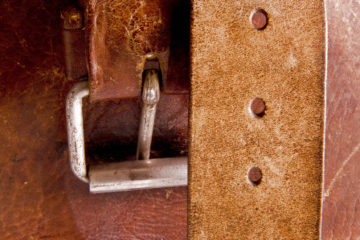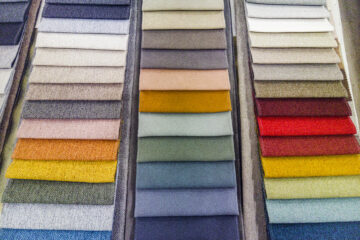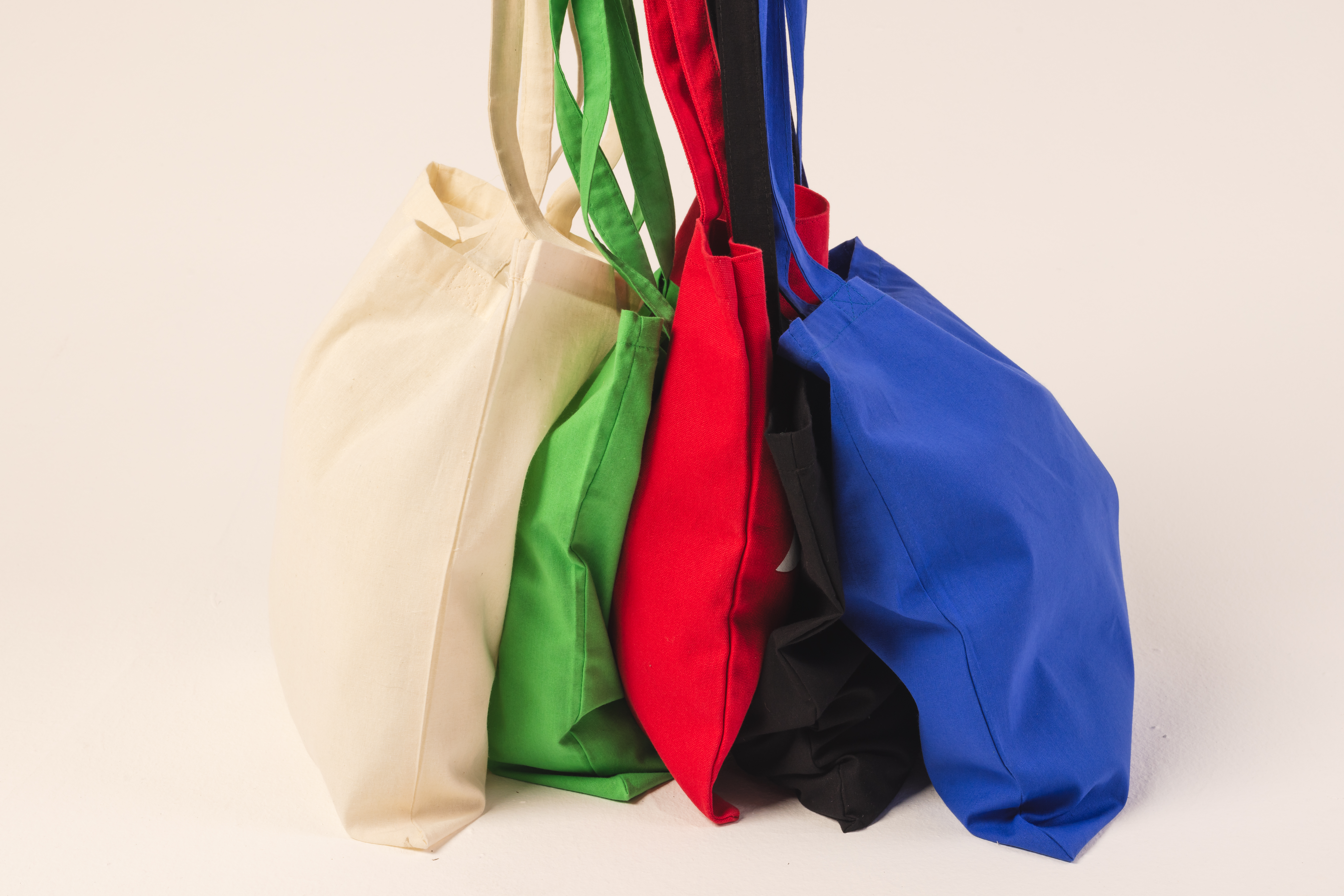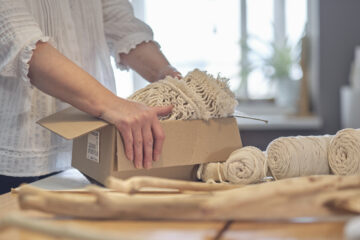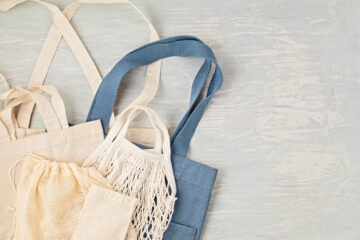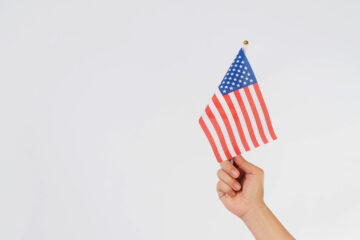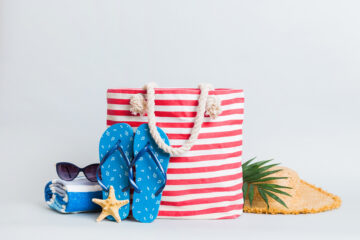Top Questions to Ask Before Choosing a Sewing Manufacturer
One of the most important decisions a soft goods brand makes is who its manufacturer is. Whether you’re just starting out or have a fully fledged product line, the right manufacturing partner can impact the quality, efficiency, and longevity of your brand. The wrong partner can lead to delays, rework, and quality issues. Before signing on with any manufacturer, take the time to ask the right questions, questions that go beyond pricing and lead time. Here’s what to ask to make sure your sewing manufacturing partner is aligned with your product, your business, and your brand.
Do you specialize in my product type or materials?
Not all sewing manufacturers are created equal. Some specialize in apparel, others in bags, and still more in accessories or shoes. When you’re looking for a manufacturer, it is important to choose one who is familiar with your product category.
Why it matters:
- Expertise and familiarity reduce trial and error
- Gain knowledge on materials or hardware
- They may already have proven solutions to design or construction challenges you may be facing
Look for a manufacturer that has experience with similar items or materials (e.g., canvas, leather, recycled fabrics) that you’re looking for. For leather goods in particular, familiarity with the hardware or finishes your design requires is also beneficial.
Can you help with design and development, or only production?
Some manufacturers are strictly “cut-and-sew,” meaning they work from finalized tech packs and materials. Others are full-service, offering support from start to finish.
Why it matters:
If you’re a startup or launching a new product category, you may need more guidance upfront with designing, tech packs, and prototyping. A full-service manufacturer can help translate your idea into a production-ready design without needing to coordinate across multiple vendors. This reduces delays, miscommunications, and potential quality issues.
Follow-up questions:
- Do you offer tech pack development?
- Can you support prototyping and sample iterations?
- Do you provide sourcing assistance for fabric, leather, or trims?
Where are your facilities located?
Understanding where your products will be made has implications for cost, timeline, communication, and values. As nearly 65% of US consumers say they always or mostly buy products “Made in America,” many brands are looking to move manufacturing back to the United States.
Why it matters:
- U.S. manufacturing typically means faster communication and fewer freight delays
- Overseas manufacturing may offer cost savings at higher volumes, but it adds supply chain complexity
What’s your minimum order quantity (MOQ)?
MOQ refers to the smallest number of units a factory is willing to produce in one order. This can vary based on complexity, materials, and production method.
Why it matters:
- Some factories require thousands of units per style, which is often too high for startups
- U.S. partners often offer lower MOQs, making them a smart choice for small-batch production
- Understanding MOQ upfront helps you plan your budget and sales channels
As you start having conversations with manufacturers, asking about their MOQ and scalability is crucial to the start of a successful partnership.
How do you handle quality control throughout production?
Your product is only as strong as its weakest stitch. A good sewing manufacturer will have structured quality control (QC) processes from prototype through production.
What to ask about:
- How do you inspect first samples?
- Are inline and final inspections standard?
- How are defects or issues resolved?
Bonus: Ask if they photograph or document each stage of sampling or production. This helps with consistency across future runs.
Can I see examples of your past work or clients?
A strong manufacturer should be proud to showcase past projects, either through case studies, anonymous photos, or client references. Look for experience with similar product categories, materials, or construction methods.
Why it matters:
- Builds trust
- Gives you a sense of quality and attention to detail
- Helps assess whether they’re a fit for your aesthetic and standards
Note: Some clients may be under NDA, but you should still be able to see general examples.
What is your typical production timeline?
Timelines vary based on product type, material availability, and order volume. Knowing how your manufacturer estimates lead time helps you plan launches, pre-orders, or wholesale deliveries.
Ask for:
- Timeline for each stage (sample, approval, production, delivery)
- Factors that could affect lead time (seasonality, supply chain, etc.)
Through these questions, you will get a sense of how they communicate about lead times and if they will be proactive in protecting the production timeline.
What’s included in your pricing, and what’s not?
Transparent pricing builds trust and protects your margins. Look for manufacturers that give detailed quotes and explain how costs are calculated.
Clarify:
- Is sampling included or billed separately?
- Are packaging, labeling, or freight included?
- What about customs duties or tariffs (if applicable)?
Watch out for:
- Vague answers
- “We’ll figure it out later” pricing
- Unclear material cost estimates
Can you support me as I scale my business?
The best manufacturing relationships are long-term. Even if you’re starting with 100 units, you want a partner who can grow with you.
Ask:
- Do you have the capacity to scale production over time?
- How much notice is needed for larger orders?
- Do you offer reordering systems or inventory support?
At Softline, we often start with small runs and help brands grow into larger programs without compromising quality or service.
Do you align with my brand’s ethical or sustainability standards?
Consumers increasingly care about how products are made, not just what they are. Make sure your manufacturer supports your brand’s ESG goals.
What to look for:
- Audited factories
- Transparency in sourcing
- Use of recycled, organic, or low-impact materials
- Commitment to ethical labor practices
If you want to make “Made in the USA” part of your brand story, ensure the factory can back that claim with documentation and sourcing verification.
The right sewing manufacturer does more than stitch fabric. They become a trusted partner in your brand’s success. By asking these essential questions before committing, you’ll reduce production risk, protect your investment, and set your product up for launch the right way.
Partner with Softline!
Ready to start your manufacturing journey with a team that understands quality, communication, and long-term partnership? Talk to Softline Brand Partners about your next product idea.
